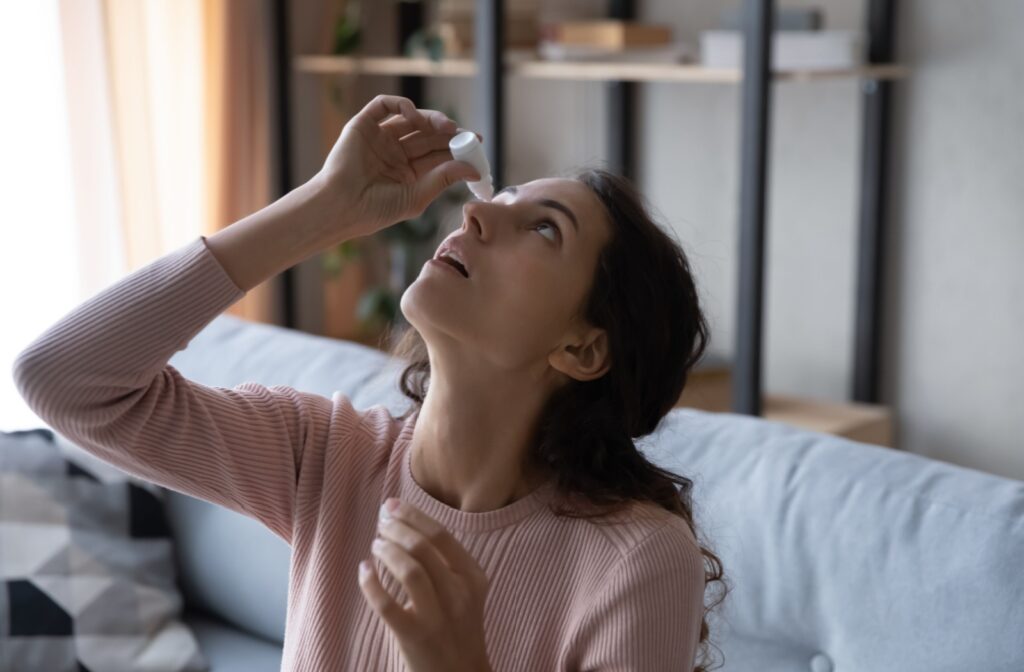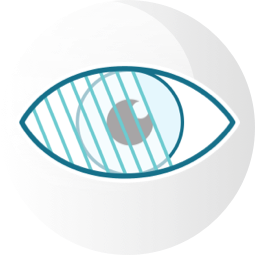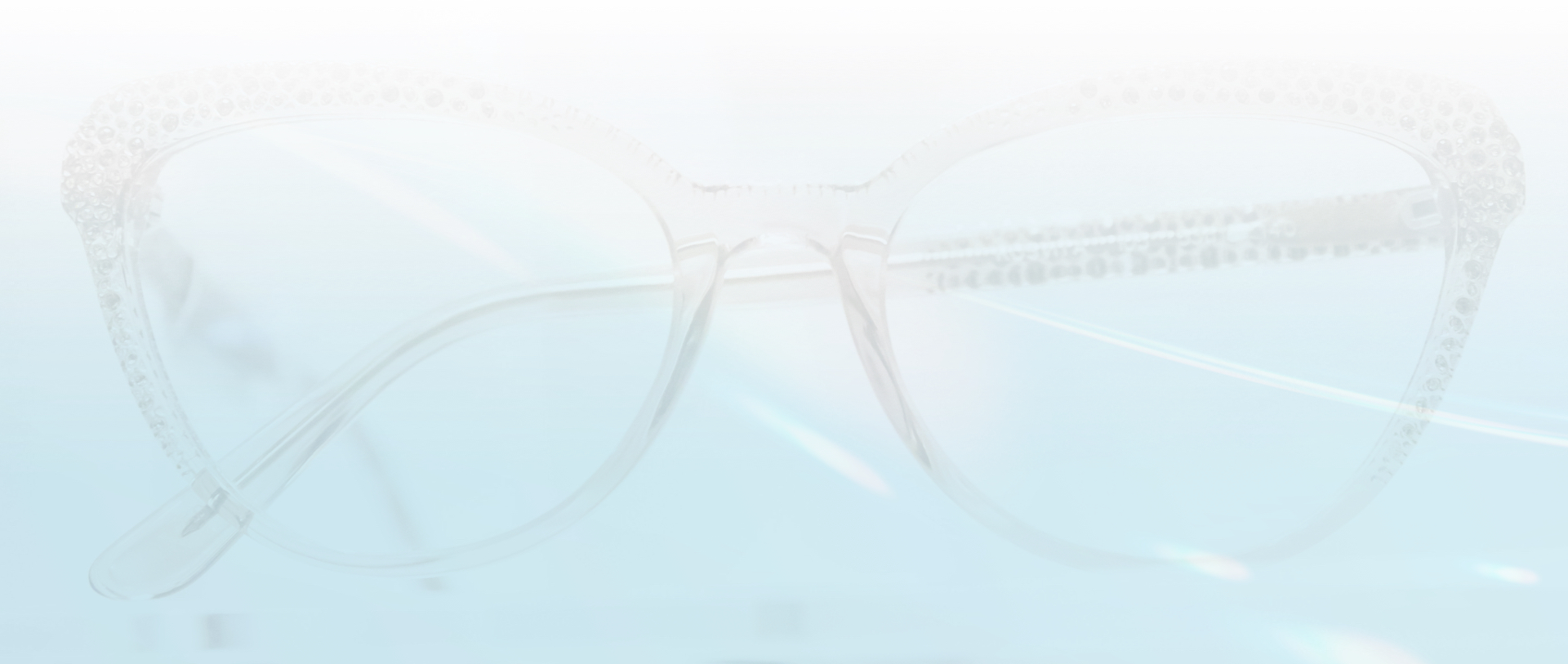Eye drops are commonly used to treat a variety of eye issues, including dry eyes, allergies, and glaucoma. Eye drops provide relief and improve eye health by delivering moisture, reducing inflammation, or lowering intraocular pressure, depending on the specific condition being treated.
However, like all medications, eye drops have expiration dates, and using expired products is not recommended. After their expiration date, drops may become less effective, meaning that they might not relieve your symptoms as intended. This could potentially lead to prolonged discomfort or worsening conditions.
Moreover, using expired eye drops increases the risk of contamination or bacterial growth. Both can pose a serious threat to your eye health, as contaminated drops can introduce harmful bacteria into your eyes, leading to infections or other complications.
To ensure your eyes remain healthy and safe, it’s best to throw away any expired eye drops. Check the expiry date before use, and make sure to replace them as needed.
How Long Are Eye Drops Good For?
The shelf life of eye drops varies depending on the product and manufacturer. Typically, most unopened eye drops have a shelf life of around 2-3 years from the date of production. Once the drops are opened, however, their lifespan decreases significantly—from several weeks to several months.
It’s essential to check the expiration date before using any eye drops. LIkewise, it’s important to follow the recommended timeline for the drops’ use. Some products may also come with a discard date, which indicates when they should no longer be used even if they haven’t reached their printed expiration date. It’s crucial to pay attention to these dates and dispose of any expired or discarded eye drops promptly.
Signs of Expired Eye Drops
Using expired eye drops can be harmful to your eyes and may lead to irritation, inflammation, or even infection. It’s crucial to recognize the signs of expired eye drops and to stop using them immediately if you notice any of the following:
- Changes in color or consistency: If your eye drops appear discolored or have changed in texture, this is a sign that they have passed their expiration date.
- Cloudiness or particles: If you see any cloudiness or particles in your eye drops, it could indicate contamination from bacteria or other microorganisms. Discard your drops immediately.
- Unpleasant smell: If your eye drops have an unusual odor, it is a sign that they have gone bad and should not be used.
- Ineffective relief: If you are consistently using eye drops, but aren’t experiencing relief from symptoms, this could be a sign that your drops have expired and have lost their efficacy.
It’s essential to pay attention to these signs, as using expired eye drops can potentially harm your eyes instead of providing relief. If you experience any adverse reactions or discomfort after using eye drops, stop using them immediately and consult with your eye care professional.
What to Do If Your Eye Drops Expire

If your eye drops have expired, don’t use them. Expired eye drops can potentially cause harm to your eyes, and their effectiveness may be compromised. It’s essential to dispose of them properly by following these steps:
- Check the expiration date: Before disposing of your expired eye drops, make sure to double-check the expiration date on the packaging.
- Do not flush down the toilet or sink: Flushing expired medications down the toilet or sink can contaminate water sources and harm the environment.
- Follow local disposal guidelines: Many pharmacies and healthcare facilities have programs in place for safely disposing of unused or expired medications. Check with your local pharmacy or healthcare provider to see if they offer this service.
- Use a medication take-back program: If there are no disposal programs available in your area, you can use a medication take-back program. These programs collect and dispose of expired medications safely.
- Seal the bottle and label it: Once you’ve disposed of expired eye drops, make sure to seal the bottle tightly and label it as “expired” before throwing it away. This will help prevent someone else from accidentally using them.
What to Do If You Used Expired Eye Drops
If you accidentally used expired eye drops, it’s take the following steps:
- Rinse your eyes with clean water: Immediately after realizing that you used expired eye drops, rinse your eyes with clean, lukewarm water for a few minutes.
- Consult with your eye care professional: If you experience any discomfort or adverse reactions, consult with your eye care professional immediately. They can provide guidance on how to alleviate any symptoms and further evaluate your eyes’ health.
- Follow their instructions: Your eye care professional may recommend certain treatments or prescribe different eye drops to help soothe any discomfort or treat any potential damage caused by using expired eye drops.
Prioritizing Your Eye Health at McCauley Celin Eyecare Associates
Expired eye drops are not only ineffective—they can also cause harm to our eyes. It’s important to regularly check the expiration dates of medications and dispose of them properly when they expire. Remember to consult with your eye care professional if you experience any discomfort or have any concerns about your eye health.
At McCauley Celin Eyecare Associates, we prioritize our patients’ eye health and safety. If you have any questions or need help disposing of expired medications, don’t hesitate to reach out for help. Our team of experienced eye care professionals is here to assist you in maintaining healthy eyes. Contact us today to schedule an appointment or for any further inquiries.














